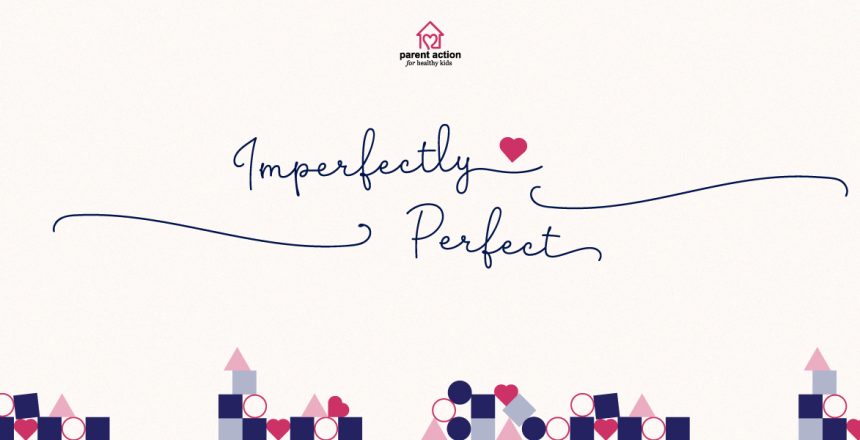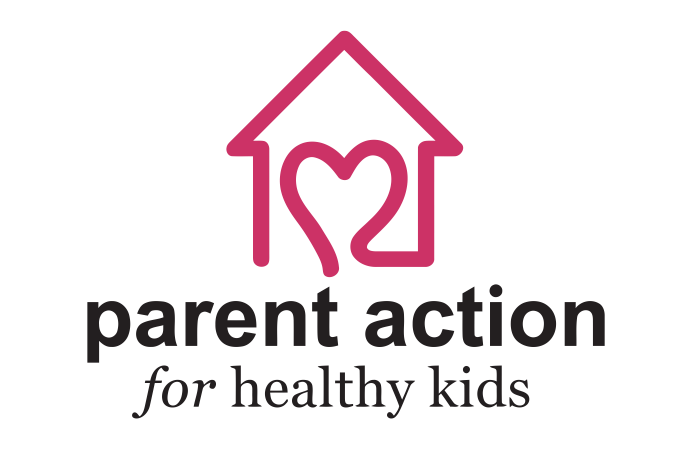When the month of February rolls around, we’re surrounded by images of hearts and flowers. It has become the official or unofficial month of “love.” In a blog I wrote in 2020, How much do you love YOU?, I shared with parents, teachers, and those who are a part of a child’s life, that the best way to love your child is to love yourself. The first strategy was to notice every time you are highly self-critical or self-judging. How did it go? For me, I found my self-criticism to be higher than I expected. Oh my, that striving for perfection is exhausting.
It takes time, awareness, and self-love to find the delicate balance of being reflective enough to see how to improve without beating yourself up or throwing the towel in for not getting it right. In the education arena, teachers strive to instill a “growth mindset” with students. A growth mindset is a belief that skills and qualities are cultivated through effort and perseverance. For example, if your child has put a lot of effort into something and failed, could you congratulate him/her? Are you guilty of influencing or taking over your child’s project so that he/she can shine? I know I’m guilty as charged. Too often we praise our children for the high marks, rather than giving them kudos for their effort and stick-to-itiveness.
So now, my perfectly imperfect humans, let’s hold up the mirror. When you don’t reach the mark as a parent or teacher, are you able to offer compassion to yourself for trying? Can you say “tomorrow is a new day”? What we practice grows stronger, so making friends with your perfectly imperfect self is the kindest, most compassionate, and loving thing you can do for you and for your children.
Being Imperfectly Perfect
One cold week in February two years ago, my two granddaughters came over to assemble a Valentine Gingerbread House. As is my style, I dove right in without reading the directions. Much to my dismay, the roof kept sliding off our little love shack. I became frustrated because in my mind the final product had to be worthy of a Pinterest post. My then six-year-old granddaughter stood back popping candy conversation hearts into her mouth while I grabbed a glue gun to get it to stick. Observing the disappointed look on my face, she said, “It’s okay Barbie (They like to call me Barbie, not a Grandma), “Once the decorations are on, it will look awesome!”
I guess sometimes we need a six-year-old to remind us that “awesome” is in the eyes of the beholder. This week, rather than paying attention to what you’re not getting right, pay attention to how awesome you are for trying.
Let’s Make 2022 About You!

Barbara Flis,
Founder Parent Action for Healthy Kids



